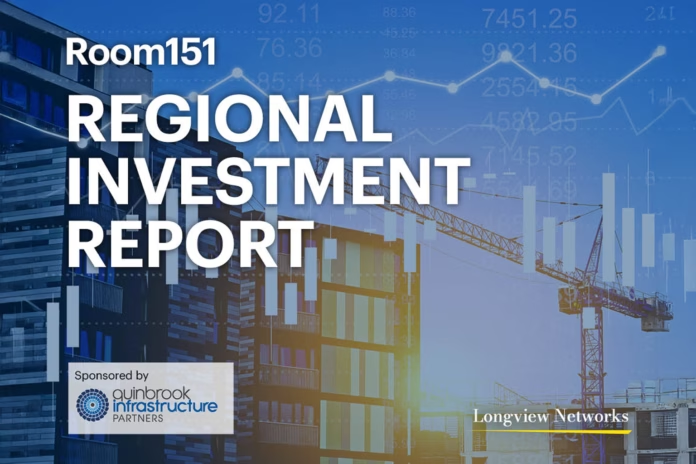
Local authorities could be required to remove pension fund responsibilities from section 151 officers under forthcoming LGPS governance reforms.
The suggestion is among a raft of measures mooted within four main proposed governance models on which the LGPS Scheme Advisory Board (SAB) launched a consultation this week.
The proposals follow an initial fact-finding exercise carried out by pension consultant Hymans Robertson, following their appointment in January to explore governance improvements.
One of the options under consideration would see much greater ring-fencing of LGPS activities from their host authority, including a requirement for funds to appoint their own section 151 officers.
Hymans said: “The measures suggested would promote the understating that the pension fund budget is different from other areas of the council’s budget in that it is funded directly from the pension fund and impacts the long term, but not short term, budgets of all participating employers, not just the administering authority.”
Under the ring-fenced model, the section 151 of the administering authority could retain responsibility for the pensions function with recommendations on budget made by a pension fund officer to the pensions committee – which would be responsible for agreeing the budget.
However, the document went on to say: “Alternatively, the pension fund could have a separate section 151 officer to reduce conflicts currently faced by section 151s”.
The document said that further work is needed to determine whether changes to the section 151 officer role could be encouraged by regulatory bodies “or whether it is possible and/or desirable to find a mechanism by which these could be mandated”.
However, the radical suggestion that the section 151 officer role could be split is likely to face stiff opposition from some quarters.
The results of Hymans’s initial fact-finding exercise found that section 151 officers of administering funds believe that current arrangements are effective and that “given pooling, further structural change would not be welcome”.
One section 151 officer, who wanted to remain anonymous, said: “I don’t know what has triggered this work.
“The creation of additional posts or administration would inevitably add costs to running funds.
“We shouldn’t lose sight of the fact that most funds are increasingly fully funded and we are in a very good place as a sector.”
Chris Buss, former deputy chief executive of London Borough of Wandsworth, questioned whether a “one-size-fits-all” approach would be useful.
He said: “I think there is an advantage, in authorities where the pension fund is intrinsically linked to the authority – such as in London boroughs – for a section 151 officer to have a broad overview.
“In areas where counties have been split up and funds now cover a number of authorities, there is less argument for retaining a combined role.”

Speaking to Room151, Bob Holloway, SAB pensions secretary, said: “One of the primary aims of this project is to get to the bottom of any of the anecdotal evidence that there are instances where section 151 officers are conflicted.
“They have a financial stewardship roles and sometimes that doesn’t sit neatly with their LGPS role, particularly at valuation time.”
However, he admitted that if the project recommends a splitting of the section 151 role, there was likely to be “some resistance”.
Under the ring-fenced option, according to the Hymans report, funds could set their own budget, with charges for support services from the host authority included up front.
“This removes the common practice whereby pension fund expenditure is paid though the host authority’s revenue account to be recharged at a later date,’ the document said.
An alternative model included in the document would see the scheme manager decision-making function delegated to a joint committee of all authorities participating as employers.
Assets and liabilities would still sit with the administering authority.
Under this system, “section 151s of the constituent local authority employers retain a fiduciary duty to the local taxpayer” but an inter-authority agreement “would distance them legally from budget setting responsibilities in respect of the pensions function”.
The third option would ape that currently used by South Yorkshire Pension Fund, which has an independent scheme manager function, with all decision making passed to a combined authority.
The combined authority would exist for the sole purpose of administering the LGPS fund, would be comprised of councillors from constituent local authorities, and would produce its own accounts.
Finally, another model would use guidance or amendments to the LGPS regulations 2013 to provide greater clarity on minimum staffing levels, pension committee representation, and ensuring a greater voice for all fund employers.
Hymans is aiming to prepare a summary of results for the SAB meeting in July.
Writing for Room151 in February, SAB secretary Jeff Houston said the fact that the current system “does not lead to problematic examples of conflicts of interest is testament to the professionalism and expertise of officers and the non-partisan, scheme focused approach of elected members.
“However, as in all things, there is room for improvement.”











